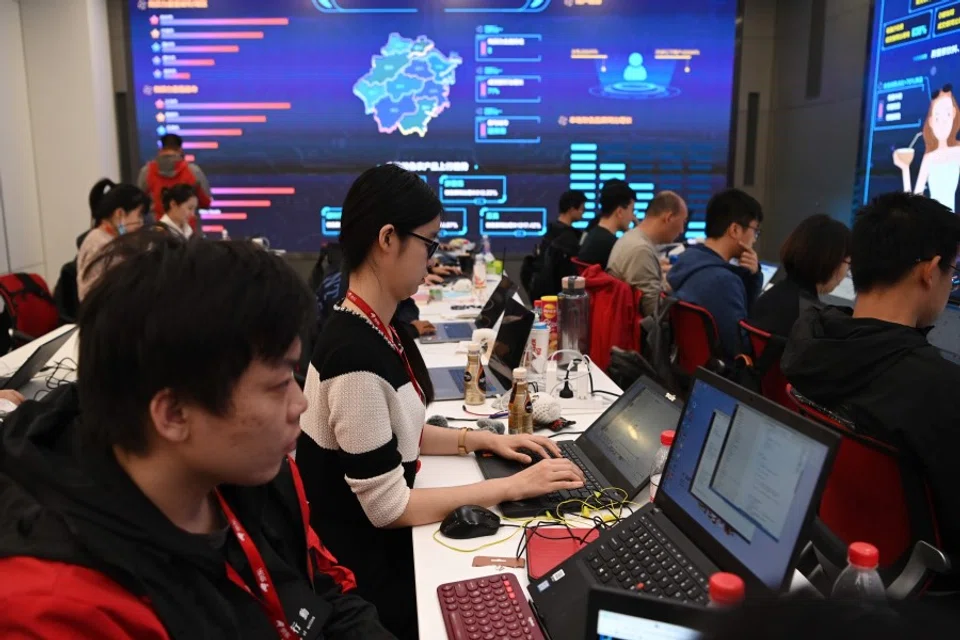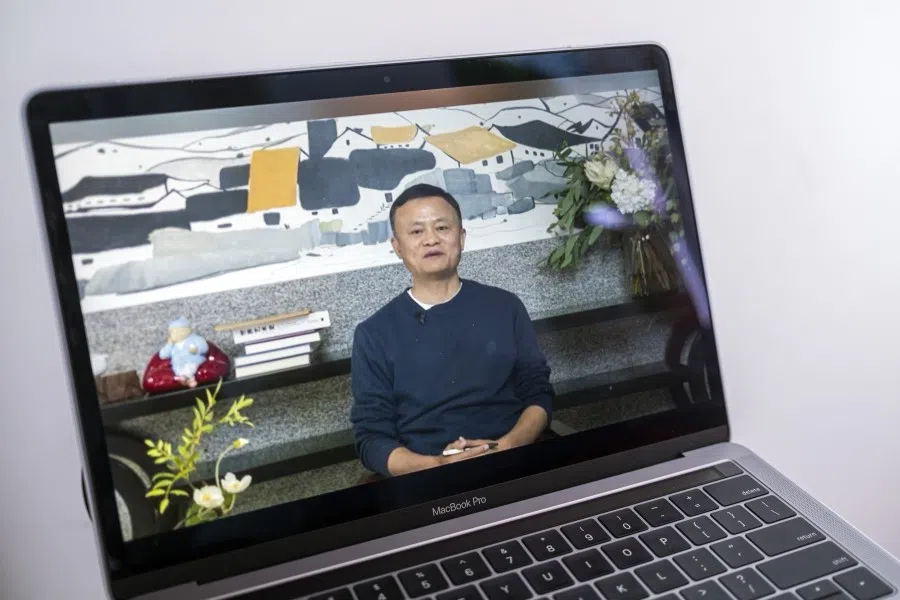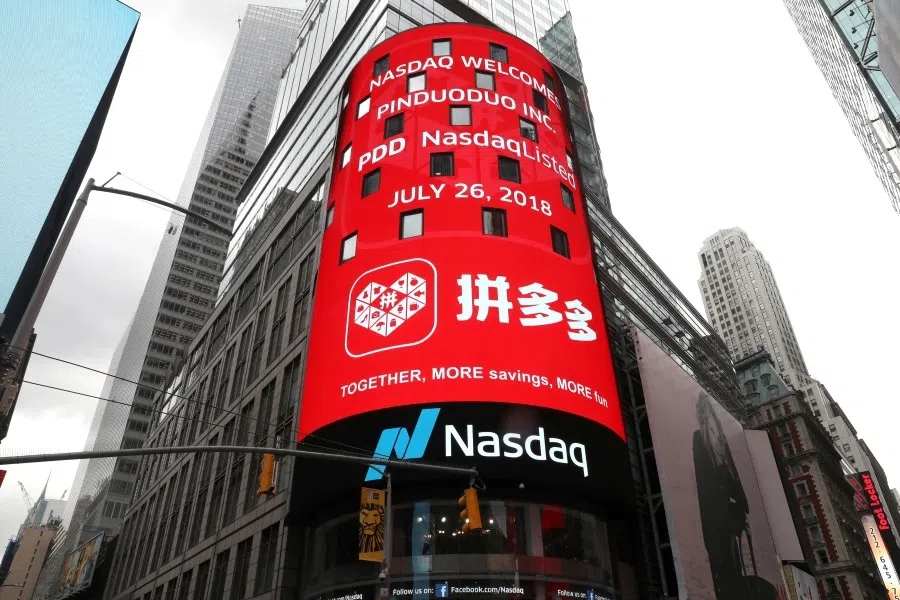72-hour workweek in China's tech companies: Driving innovation or destroying workers?
News of young employees dying from overwork at major Chinese tech companies are not unheard of. Last December, a 22-year-old female employee at e-commerce giant Pinduoduo died after working long hours past midnight. China's intense efforts at increasing national competences in new and advanced technologies have seen it moving up the value chain from a low-cost manufacturer to an innovator in science and technology. But is the "996 culture" of working from 9 am to 9 pm, six days a week, feasible and sustainable?

The "996 culture" of technology companies in China derives its name from the companies' requirement for their employees to work from 9 am to 9 pm, six days a week. Several Chinese technology and internet companies such as Pinduoduo, Jingdong (JD.com) and Youzan have adopted this 72 hours per week system as their official work schedule in recent years while many others have promoted such a work schedule.
To understand how this 996 culture came about, it is important to first trace the rise and growing importance of China's technology sector and companies. Since 2006, the Chinese government has been investing heavily in research and development (R&D), with the aim of enhancing the level of its indigenous innovations and technologies. Among the most important policy guidelines for that is "China's National Medium- to Long-term Plan for the Development of Science and Technology (2006-2020)" by the State Council of China in 2006, which called for the improvement of overall innovation capability and for the transformation of China into a technology powerhouse by 2020 and a global leader by 2050.
Playing catch-up with tough work schedule
The Chinese government has placed a disproportionate amount of attention and effort into developing specific technologies and industries of national importance, such as next-generation information and communications technology (5G and internet based technologies), advanced manufacturing, biotechnology and pharmaceuticals, environmental technology, transportation technology and equipment, new and alternative energy as well as new advanced materials. The huge effort led by the government, as well as increasing private venture capital investments have led to the rise and growth of many technology companies and entrepreneurial hubs like those in Shenzhen, Beijing and Hangzhou. As a result, China has been gradually moving up the value chain from a low-cost manufacturer to an innovator in science and technology.
Senior management in technology companies like Jack Ma of Alibaba and Richard Liu of Jingdong has openly endorsed or even promoted the 996 culture and work schedule, citing that "996 is a huge blessing" and asking: "How do you achieve the success you want without paying extra effort and time?"

The policies have helped, and against the backdrop of China's growing economy over the past few decades, high-tech giants such as Alibaba, Baidu and Tencent have grown into global powerhouses, and so have many other technology companies. Their successes and innovations have helped elevate China's image overseas and underscore the country's economic growth.
However, the recent economic slowdown in China has resulted in a hiring freeze and even layoffs in the technology sector. This has meant technology companies needing to "squeeze" more work out of their employees. In aggregate, this move helps to lower costs but at the expense of workers' welfare and work-life balance. Senior management in technology companies like Jack Ma of Alibaba and Richard Liu of Jingdong has openly endorsed or even promoted the 996 culture and work schedule, saying that "996 is a huge blessing" and asking: "How do you achieve the success you want without paying extra effort and time?"
To many senior managers and executives, encouraging employees to put in long hours, from 9am to 9pm, six days a week, will boost the companies' bottom line and even help employees achieve their personal growth targets. Many executives believe that this is a requirement for the companies' success.
However, is 996 really as good as it sounds (even to companies)?
An obvious benefit to technology companies which adopted the 996 schedule is that they may reduce labour costs as official working hours have been increased and less overtime pay could be claimed by the employees. The management team would also be pleased to see their employees work longer and commit more time to the job.
For many employees, including female workers, 996 means less time to look after their children or their parents. Social and family cohesion are key drivers of long-term employee happiness, forming the bedrock of employee well-being and motivation.

Working long hours could give companies an advantage in responding quickly to customers' needs round the clock. It could also increase R&D efforts and help bring new product features to market much faster than domestic and foreign competitors, especially in the fast-growing and highly competitive technology industries.
996 culture harmful in the long run
However, other than a potential violation of the Labour Law of China, a key drawback of 996 is that it might not be sustainable in the long run. Research has shown that long hours may backfire not only for employees but also for companies. If employees have to always sacrifice their personal lives and time spent with family, it may erode their social cohesion and family bonding. For many employees, including female workers, 996 means less time to look after their children or their parents. Social and family cohesion are key drivers of long-term employee happiness, forming the bedrock of employee well-being and motivation. These in turn boost their productivity and competitiveness.
A happy and motivated employee is usually a more productive one.
Indeed, longer working hours do not equate higher productivity or generation of better ideas and innovations. Many prior research studies have shown that sufficient rest and alternating work and activities outside work help employees come up with new ideas and innovations including breakthrough technologies.

Furthermore, if large technology companies like Alibaba, Tencent and Jingdong enforce the 996 schedule, this could shape or even gradually set the norms in the technology industry. Eventually, this move could lead to a slew of smaller companies and start-ups adopting the 996 schedule as well. In the long-term, this cultural shift could also impede young talent who are more conscious of work-life balance from entering the high technology sectors, undermining the sustainability and success that these technology companies and entrepreneurial start-ups have enjoyed in the past.
Hard work and commitment to the companies do not necessarily imply working overtime. Indeed, working efficiently and managing time effectively are probably more important than putting in long hours for the sake of following the companies' mandate of 996. A happy and motivated employee is usually a more productive one. The key to a sustainable and productive workforce seems to be a sound understanding of and the ability to achieve the delicate balance between work demand and family life, which should be tailored to individual circumstances and needs, and not by blindly following the 996 formula.



![[Big read] When the Arctic opens, what happens to Singapore?](https://cassette.sphdigital.com.sg/image/thinkchina/da65edebca34645c711c55e83e9877109b3c53847ebb1305573974651df1d13a)

